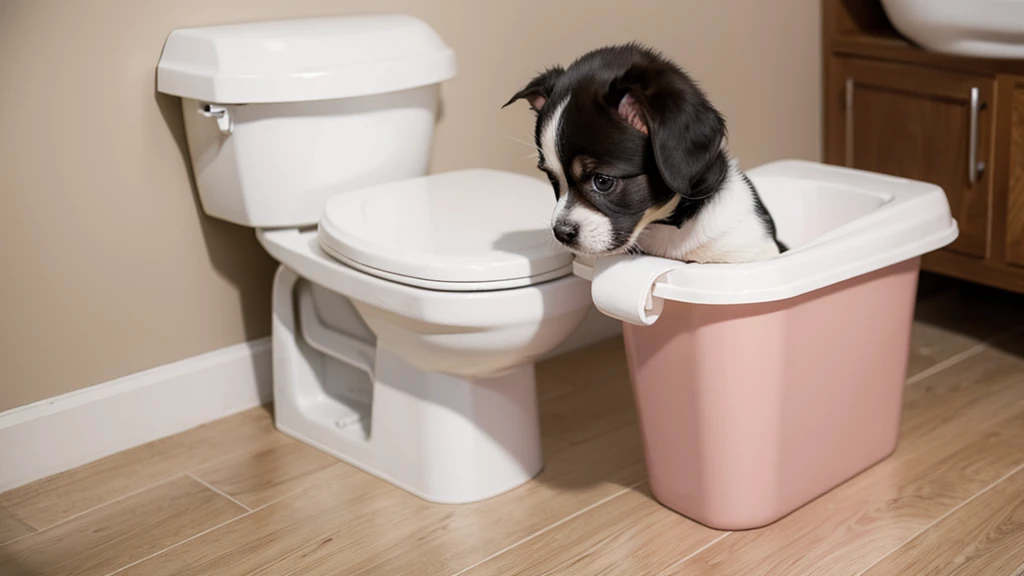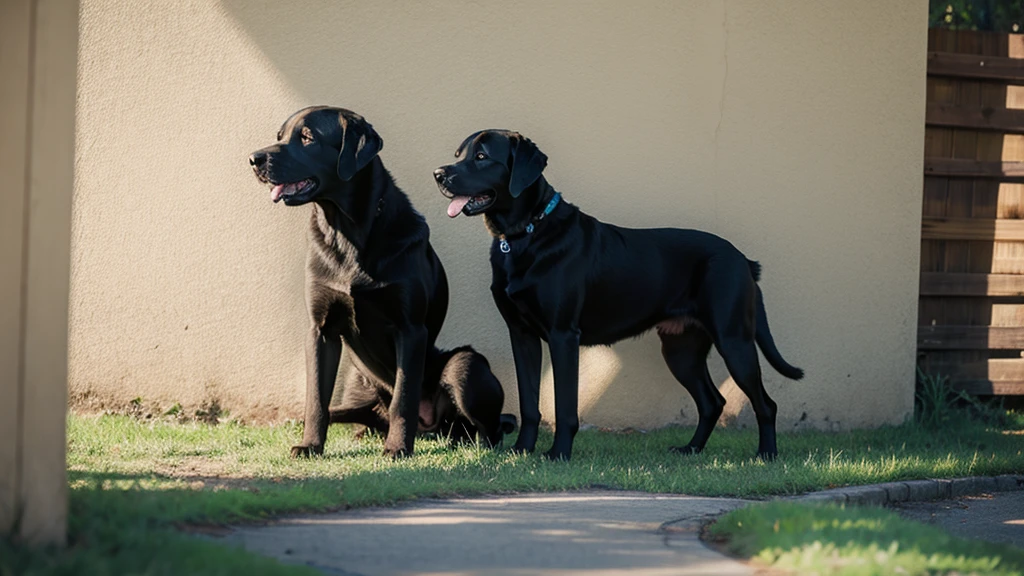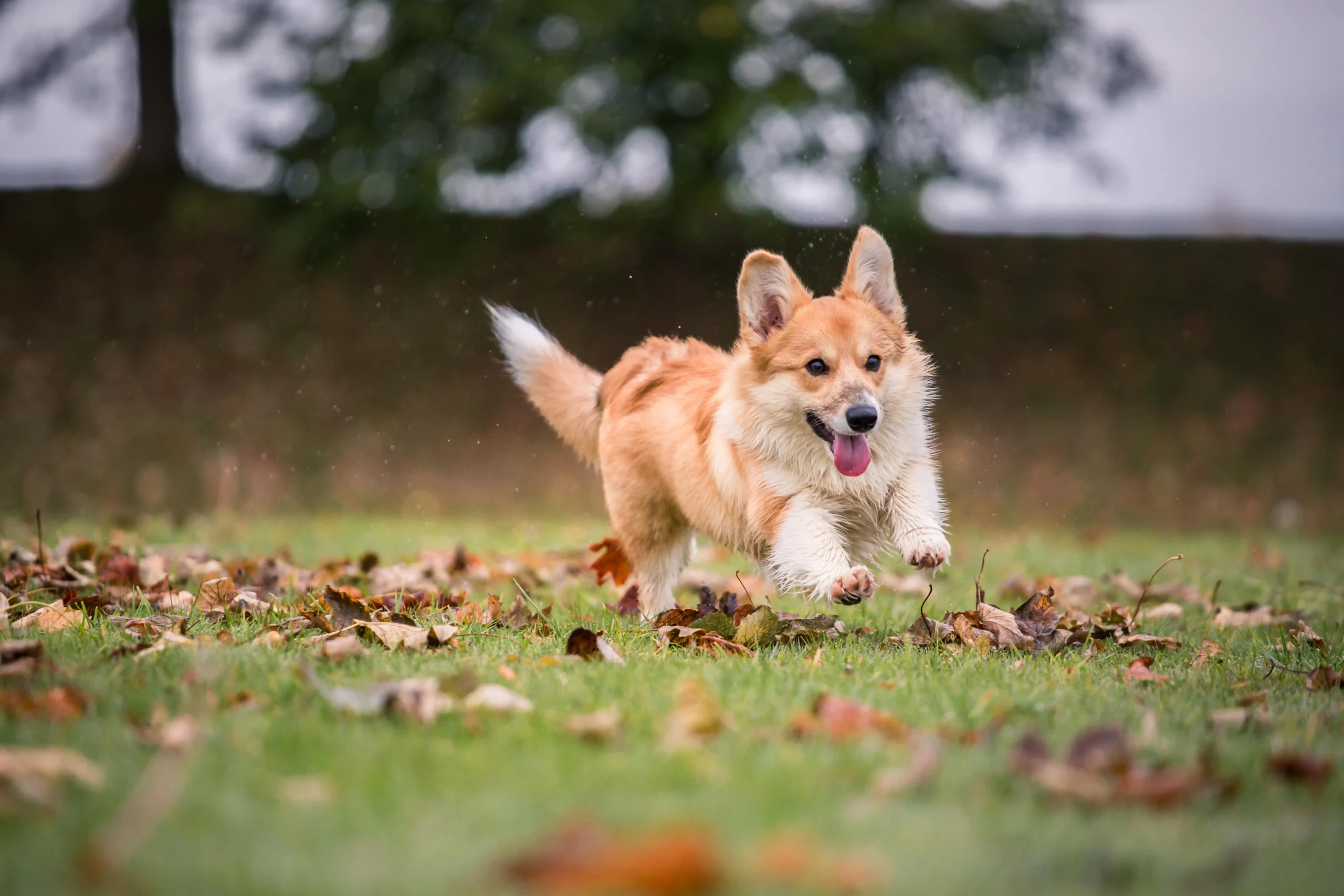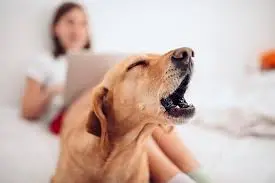Bringing home a new puppy is an exciting time, but potty training can quickly become a frustrating obstacle. Fear not, dedicated pet owners! With patience, consistency, and the following tips, you can turn your stubborn pup into a well-trained companion.
Understanding your puppy
Remember that his furry friend is new to the world and is unfamiliar with his potty training expectations. By providing consistent guidance and rewards, you build a solid foundation for success. Once your pup associates going out with praise and treats, he’ll be on his way to a happy, accident-free home.
Create a designated space
Confine your puppy: Have a specific area in your home where you can confine your puppy. This may include using a baby gate to divide a room or keeping it in the kitchen or laundry room. Choose a room with easy-to-clean surfaces, such as tile or hardwood floors.
Enter the crate: Place your dog’s crate inside this designated area. The cage should be large enough for them to get up, turn around, and stretch out comfortably. Crate training may take some time, but it offers long-term benefits. The goal is for your puppy to see the crate as a haven, not a punishment zone.
Potty Pads: a temporary solution
While not ideal for all situations, potties can be a useful tool, especially for smaller dog breeds or people who live in apartments or in cold climates. This is how you configure it:
Find the pad: Place newspapers on a large area of the floor in your puppy’s designated area, with a potty training pad in the center. Keep this area separate from their food and water bowls. Puppies instinctively avoid relieving themselves near the eating area. The pheromones in the pads attract your dog and encourage him to use them.
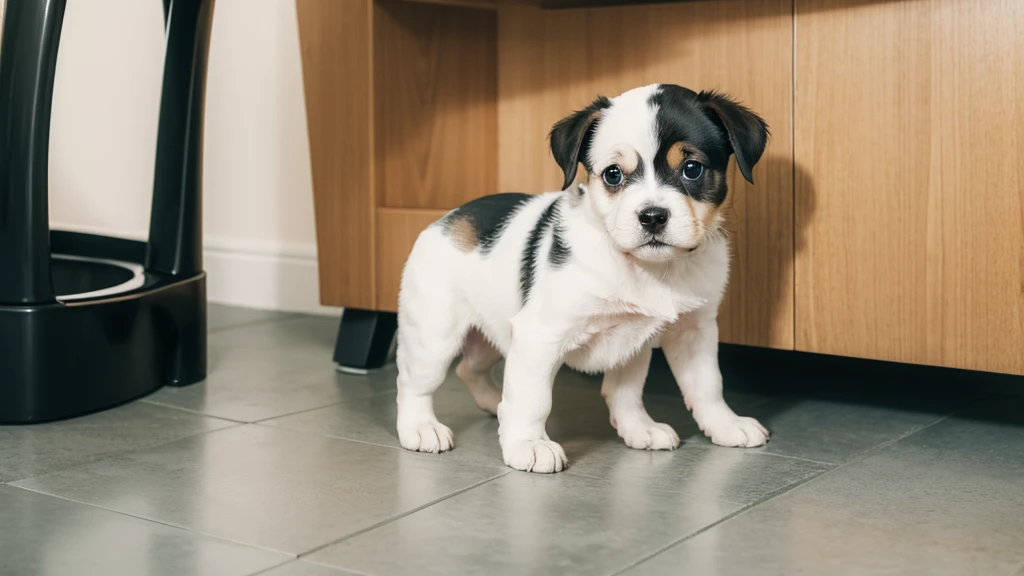
Planning is key
Consistency is the magic ingredient for potty training a stubborn dog. If your puppy doesn’t have a set eating and sleeping schedule, he probably assumes he can eat whenever he wants. This is how a schedule helps:
Feeding and nap routine: Establish a regular feeding schedule for your dog. Puppies usually need three meals a day, while older dogs can eat two. Until your dog is fully potty trained, he too will need to keep his naps and sleeping hours in check.
Bathroom breaks after each meal and nap
Quick Elimination: Take your dog to the designated potty area (preferably outside) immediately after he wakes up from a nap or finishes eating. The younger your puppy is, the more important it is to act quickly after these activities. Stay outside with them and use a command word like “go potty” while they sniff around. Patience is the key! The more often you repeat the command during successful bathroom breaks, the stronger the association becomes.
Reward good behavior
Positive reinforcement is essential for effective potty training. Keep a supply of treats on hand and reward your dog immediately after eliminating her in the correct spot. The Humane Society emphasizes the importance of rewarding good behavior to reinforce the desired action. Shower your puppy with praise and say things like “nice potty” so she understands the connection between her actions and your approval.
Crate Training for Success
Crate training, when done correctly, benefits both you and your dog. Dogs are den animals by nature and a crate can become their personal space to relax away from people and other pets. Consistency is key here: the box is not a punishment zone but a haven. Your dog can rest in the crate when you are outside or sleeping. Puppies cannot hold their bladder for long periods, so limit crate time to a few hours at most and no more than six hours per night. Every time you take them out, take them directly to the designated potty.
Consistency is key
Stubborn puppies require strict adherence to schedules and restrictions. Even if they want to please you, you must teach them how to do it. Consistency in your methods is crucial, especially for older dogs. There are bound to be hiccups along the way but remember: potty training is all about patience, routine, and rewards. When your behavior is predictable, your puppy will learn to do the same.
